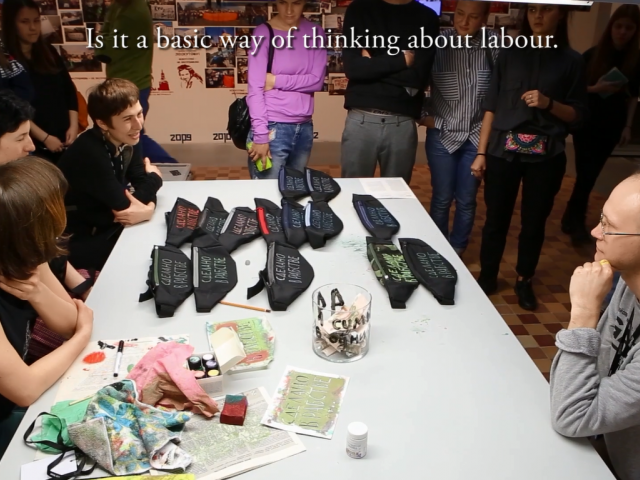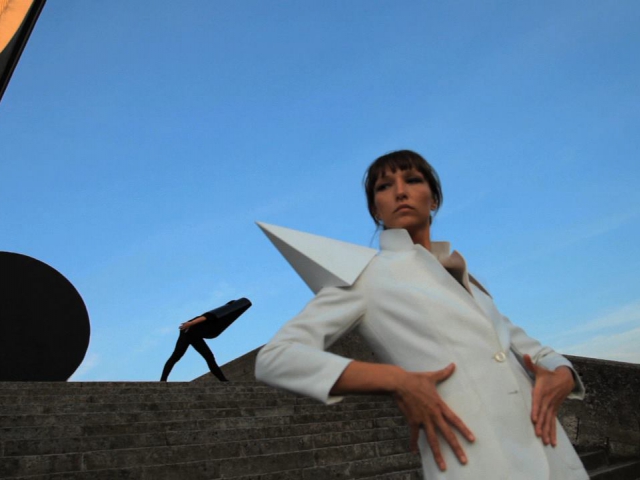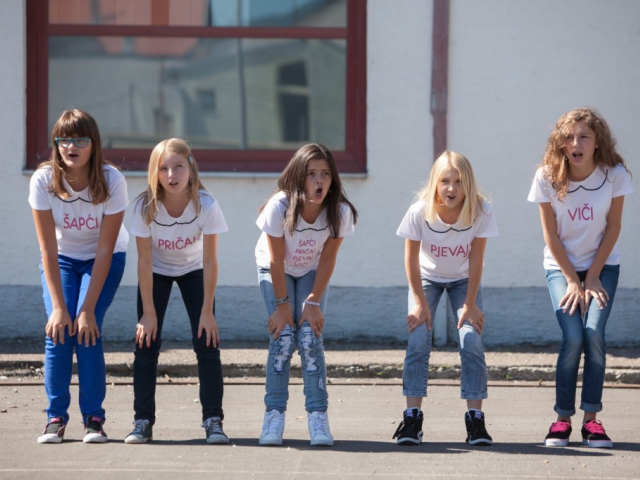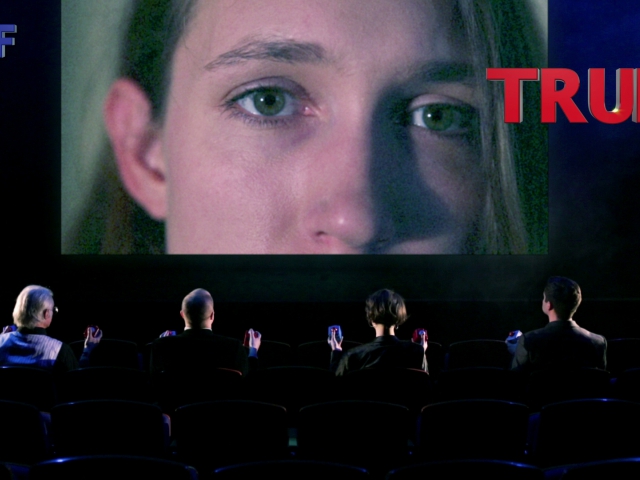- English
- Русский
Performing Words, Uttering Performance. Screening Chapter #2 of D'Est platform
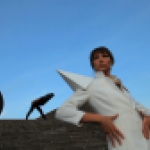
Performing Words, Uttering Performance
curated by Anna Bitkina & Maria Veits (Creative Association of Curators TOK) and Inga Lāce
Screening Chapter #2 of D'est project
with works by
Željka Blakšić aka Gita Blak, Cooperative Shvemy, Coro Collective (Eglė Budvytytė, Goda Budvytytė, Ieva Misevičiūtė), Ira Eduardovna, Gluklya (Natalya Pershina-Yakimanskaya), Polina Kanis, Marge Monko, Katrīna Neiburga
Special guest: Alla Mitrofanova (critic/curator, St. Petersburg)
The changing role and function of language before and after the “transition” cannot be discussed without considering the dimension of authoritarian speech acts in the last phase of socialism. Anthropologist Alexei Yurchak shares the observation that during the authoritarian speech act, sign and reference, language and gesture, word and action merge into each other. This thesis is the foundation for an understanding of the variety of linguistic and performative experiments in post-socialist video art. This chapter focuses on works that reflect upon shifts in language and meaning and employ diverse silent, verbal, performative, activist, and other strategies to discuss collective and personal memory, identity, power relations, gender roles, and socio-political change.
The themes of feminism, labor, and workers’ rights are central to the Russian-Ukrainian sewing cooperative Shvemy. In 12–Hour Working Day Shvemy deploys the language of bodies to articulate capitalist modes of production and deal with the labor conditions of female workers from developing countries, which serve major Western clothing brands. Several works also play out the relationship between language and architecture, often referring to landmarks related to Soviet ideology (CORO Collective, Marge Monko). Katrīna Neiburga focuses on the personal stories of former employees at Press House, intertwining the past symbol of the state media and propaganda position with accounts of friendships and affairs. The pressures of propaganda and ideology on a child growing up in Soviet Uzbekistan is central to the work of Ira Eduardovna, which revolves around her family history. Željka Blakšić aka Gita Blak challenges notions of voice and the right to speak. She collaborates with activists composing lyrics for protest songs, which are later performed by teenage girls. In contrast, Polina Kanis’ video discursively approaches the lack of opportunities for critical thinking and diversity of opinion in the Russian education system. The emergence of repressive ideology in the region and changing power dynamics between countries compel Gluklya to search for a language to voice the complexity of the post-Soviet conditions. Her performance Debates on Division is formed around personal stories about significant pieces of clothes, narrated by different individuals.
The event is part of OFF THE RECORD, a series of events of the Kunstverein für die Rheinlande und Westfalen, Düsseldorf to accompany this years exhibition program. The events open further perspectives on each year’s activities in general and aim to react spontaneously to current discussions during screenings, performances, and lectures.
D’EST: A Multi-Curatorial Online Platform for Video Art from the Former “East” and “West” is a project initiated by Ulrike Gerhardt with DISTRICT Berlin. D'EST is also hosted in cooperation with the Moscow Museum of Modern Art (MMOMA), the Goethe Institute Moscow, the Kunstverein für die Rheinlande und Westfalen, Düsseldorf, Filmwerkstatt Düsseldorf, the Galeria Miejska Arsenał, Poznań, and the Neuer Berliner Kunstverein Video-Forum. This project is made possible through the generous support of the Senate Chancellery Berlin – Department of Culture.



